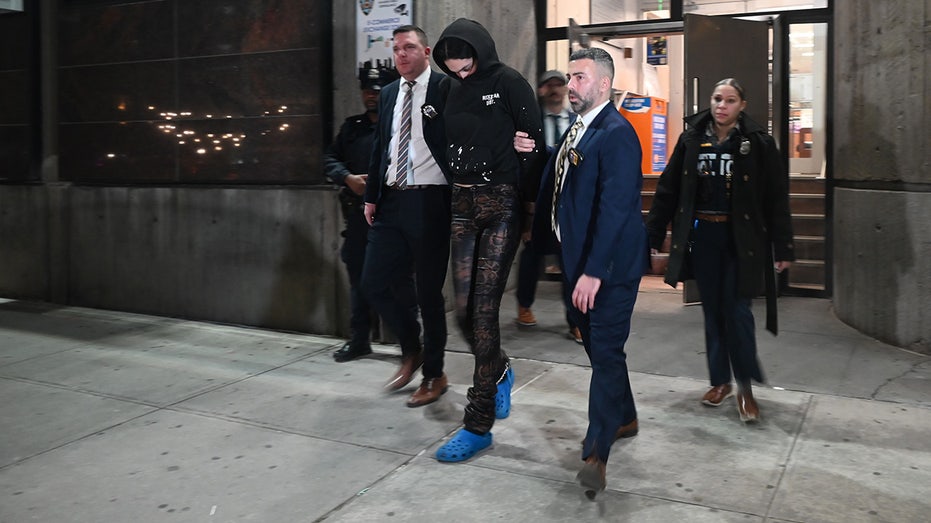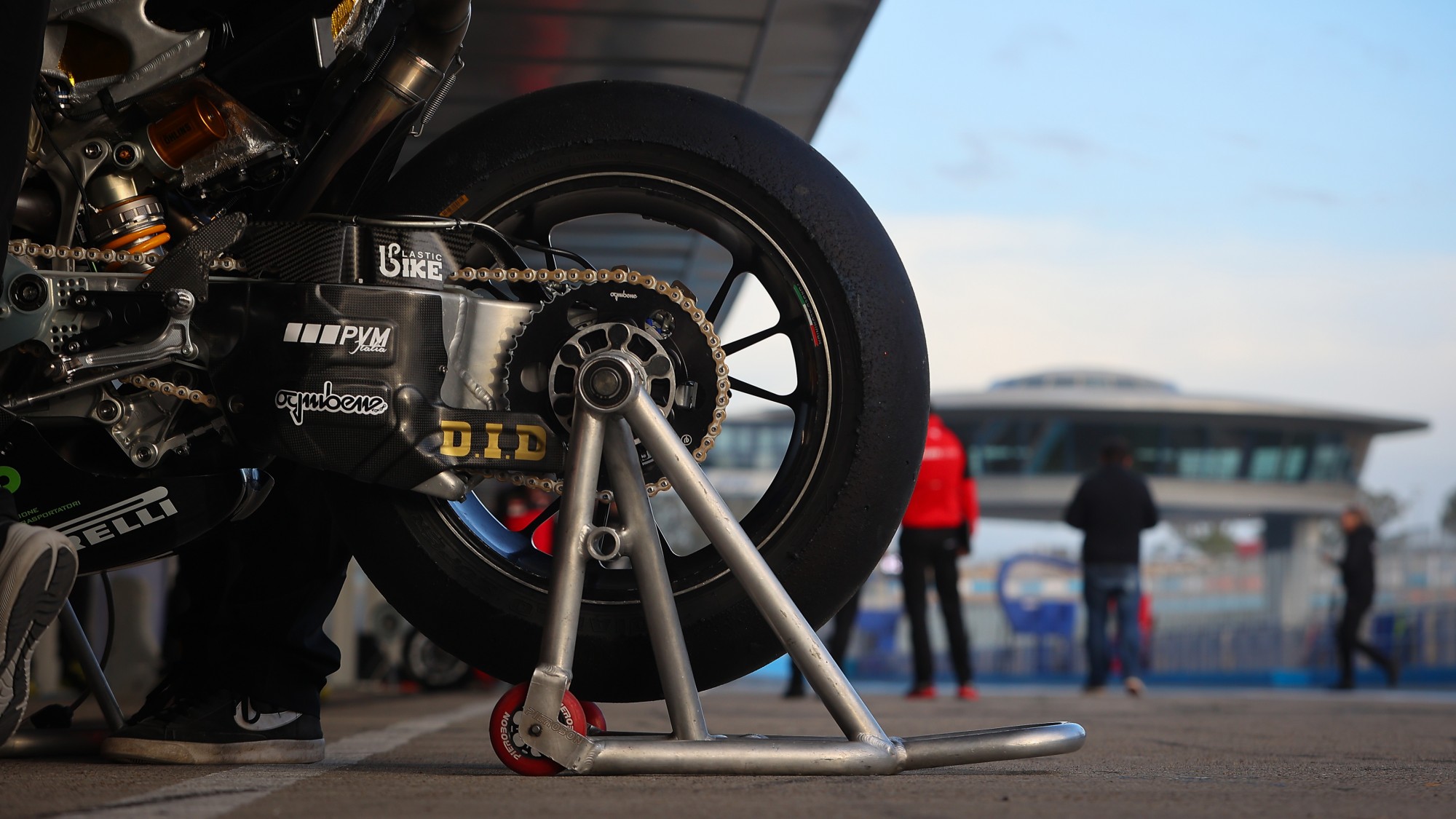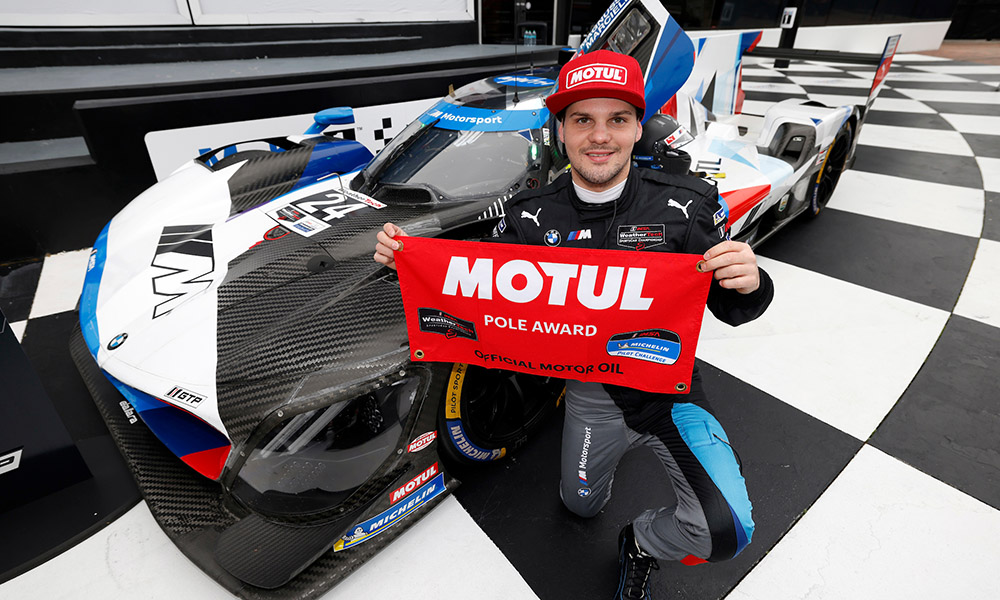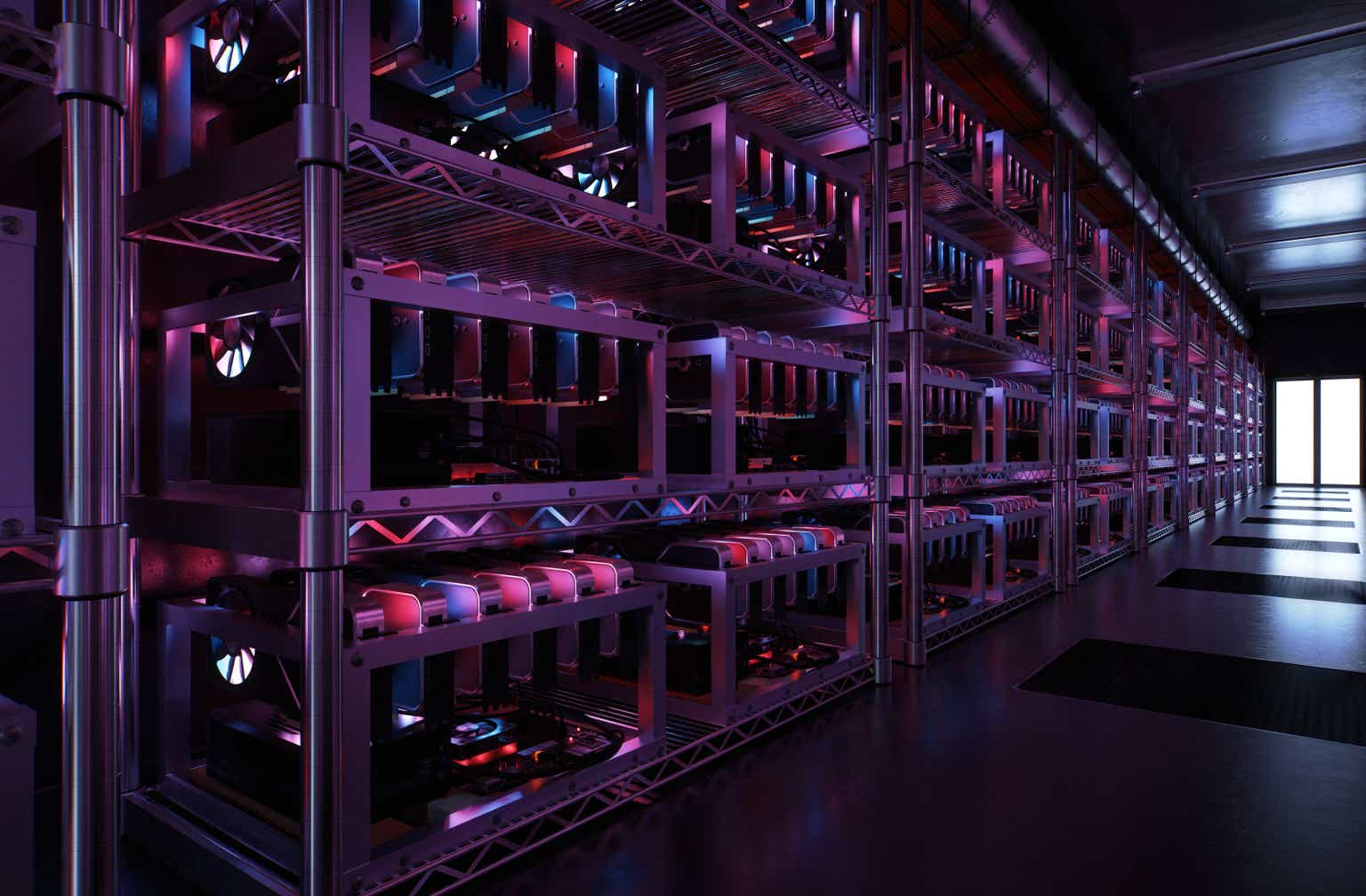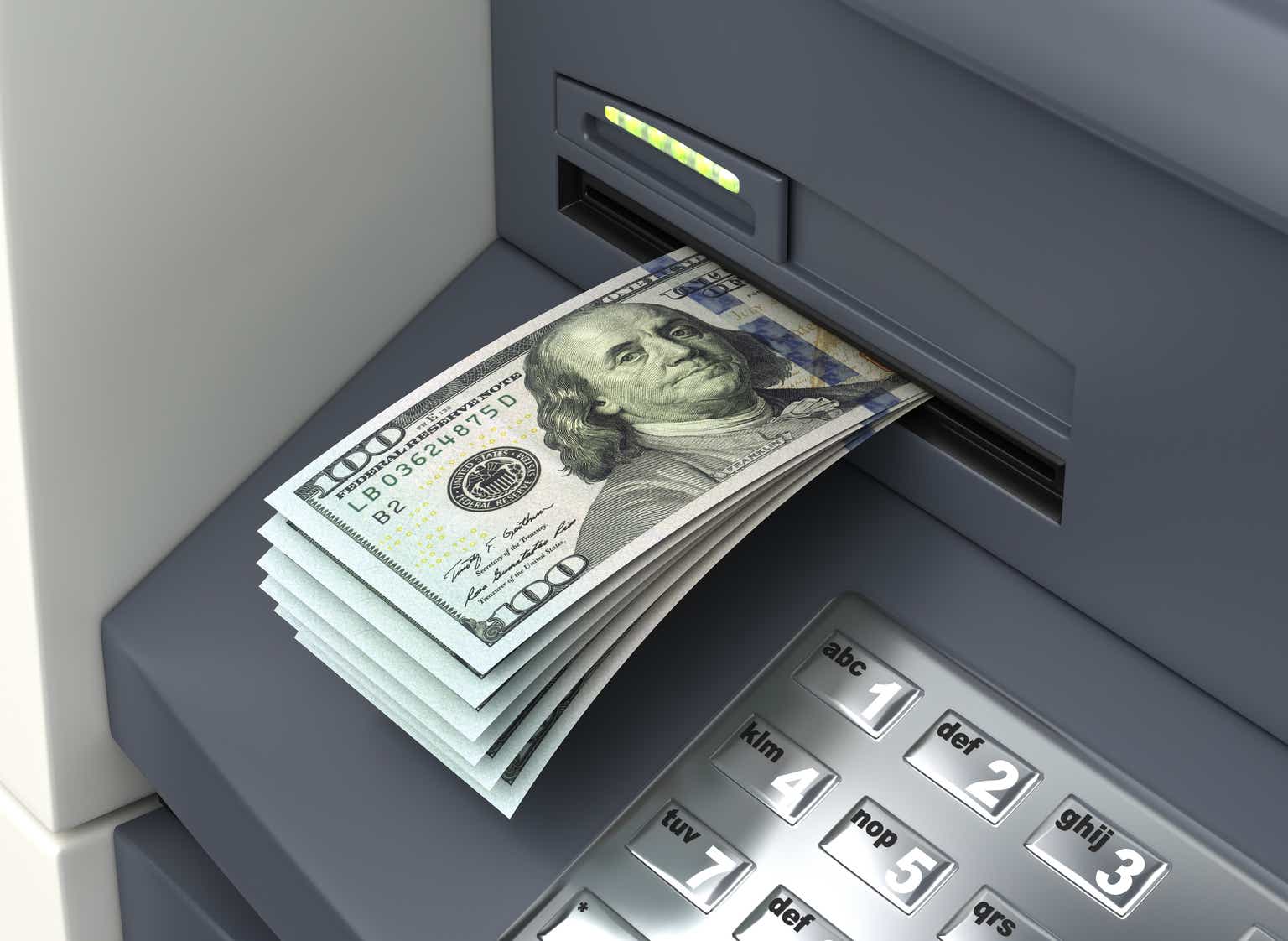I'm a startup CTO and the H-1B Visa helped launch my career. It's not perfect — but there are a lot of misconceptions about it.
Arun Prasad Jaganathan has worked in the US on an H-1B Visa for years. He says there's room for improvement in the system.
Arun Prasad Jaganathan
- Startup CTO Arun Prasad Jaganathan has been in the US for almost 14 years, mainly on an H-1B Visa.
- He said the application process isn't easy and companies don't sponsor applicants to fill spaces.
- The system has flaws, but there are misconceptions about H-1B employees contributing to the economy.
This as-told-to essay is based on a conversation with
Arun Prasad Jaganathan, CTO of workforce platform Jugl. He is from Coimbatore, India, and now lives in Prosper, Texas. His identity, work experience, and visa status have been verified by Business Insider. The following has been edited for length and clarity.
I have been in the US for almost 14 years. I built most of my career here. I have my family here. I have my home here. So it would be tough for me to shift back to India and build something from there.
I wanted to come to the US to experience the technology innovation firsthand. The US adapts technology faster than anywhere in the world.
I completed my computer science and engineering degree in India and got an offshore position at global tech services company Cognizant. Eventually, they wanted me to come to New York because they felt like my presence in the US would help them build a better product and train them to scale their processes. So I came in on an L-1B visa, which is for an intra-company transfer to help on a project. Then, I applied for the H-1B Visa.
H-1B is mainly for high-skilled workers. It helped me gain more product and business knowledge because it gave me first-hand experience working with US businesses.
I'm in the process of acquiring permanent residency now, but the H1-B visa has helped me grow from my role at Cognizant to lead and architect at nThrive to managing advanced technology projects at KPMG. Now, I am leading technology and product for the startup Jugl.
It's not easy to get
To get the H-1B Visa, I needed to show a lot of documentation, including my degree, résumé, and job offer. I also needed a very good support letter from the client my company served, arguing the need for me to be placed in that location. The first time, I also had to go for an interview with a US Citizenship and Immigration Services officer once the documents were submitted.
Every three years, you have to go through the same process. If there was no premium processing, which costs more, it took around three to six months to get my renewal. With premium processing, it takes about two weeks.
US Citizenship and Immigration Services scrutinizes every application. Companies don't hire H1-B talent just to fill spaces. They are very cautious about whom they sponsor for H-1B and they make sure that it's the top talent.
There are also regular audits from USCIS. They come and visit the companies and interview them. They audit employees. They ask questions to make sure they are placed in the same roles that they were submitted in the application.
The system has flaws — but there are misconceptions
The H-1B Visa system isn't perfect. However, I would not agree with the misconception I've heard that the H-1B visa is causing job losses. Any process will have loopholes, and they're working toward fixing them, but how fast they are going to do it is a question of the administration and other government functions.
Another argument is that H-1B employees don't contribute to the economy because they don't pay taxes. H-1 B employees pay taxes and insurance, have 401Ks and IRAs, and contribute back to the economy because they buy homes and cars and invest here in the US. I have a home, wife, and kids. I trained people already in the US. I helped them gain knowledge, build teams, develop products, and grow companies.
USCIS is making adjustments. The lottery system is little bit more difficult now because it's not just about skill level, it's more about luck. Now, because there is a lottery system, people with better skills might be frustrated.
In the last couple of years, many people were applying through different companies for a higher chance of getting picked in the H-1B lottery. USCIS understood this was happening, so they updated their system.
There is still room for improvement. For example, USCIS increased wages H-1B employees have to make and also increased sponsorship fees. The downside to it is companies have less incentive to hire.
With the startup I work for now, if we cannot find the talent we are looking for in the US, we have to hire H-1B candidates. But at the early stages of startup, it is a higher cost for us to hire H-1B workers. The H-1B process involves paying the attorney and legal fees as overhead, in addition to the high salary we need to pay compared to local talent.
Now other countries are catching up, like China and India. If H-1B is becoming tougher for workers they're going to open startups where they can build those products. Or, multinational corporates are going to open centers in locations where they can find people like in India, Mexico, Canada, and many other places.
What's Your Reaction?







